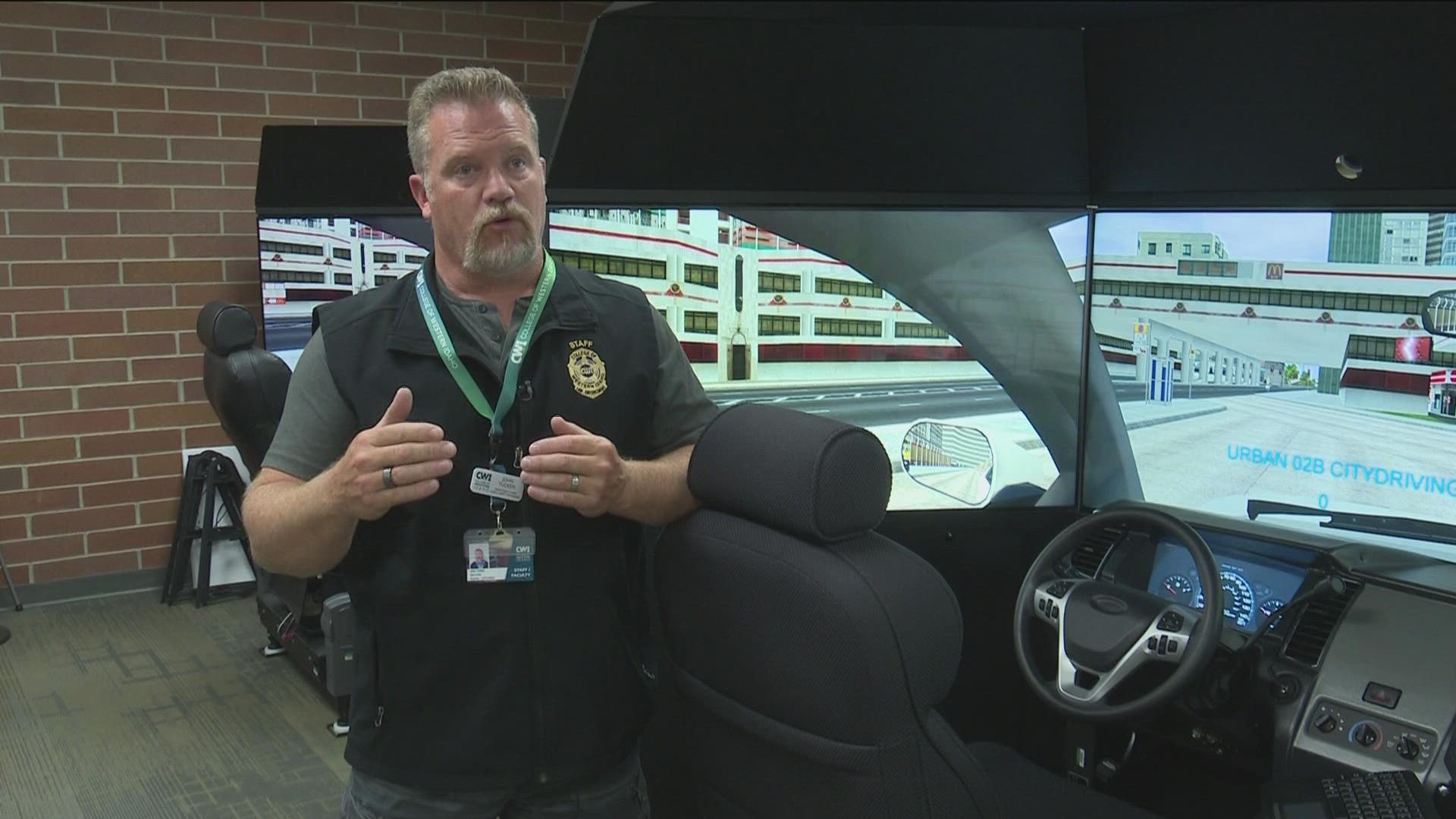BOISE, Idaho — The Boise Police Department (BPD) is lowering its education standards for future candidates looking to become police officers.
Previously a BPD officer candidate needed 60 college credits to be considered - the equivalent of an associate degree. The change now only requires a high school diploma or a GED.
BPD is short 32 police officers, according to numbers from BPD spokesperson Haley Kramer. This is due to officers retiring and a natural need of more officers as Boise continues to grow in population, according to BPD Deputy Chief Tammany Brooks.
"There's a lot of challenges and competition for talented people," Brooks said. "Our primary focus on recruiting efforts really should be here in the Treasure Valley."
The idea to lower the educational standard is an attempt to foster a police force that accurately reflects the community. High educational standards can be a barrier of entry and turn away quality candidates, according to Brooks.
"That priority should be placed on someone's content of character," Brooks said. "Going back to when I first started this profession, I did not consider college. I was hired as a high school dropout."
Brooks grew up in a family that did not have a lot of money, and by the time he was 16, he was working full-time.
"It wasn't until I met my soon-to-be wife. She was a victim of road rage. When we went to the local police department to file a report, she said to me 'I think you'd be a good police officer,'" Brooks said.
A local department in California only required a GED - Brooks checked all the boxes. He spent 26 of his 27 years in law enforcement at that department.
He rose to Police Chief before moving to Boise 10 months ago and joining BPD.
"Fortunately I was given that opportunity at a young age, even though growing up I didn't know this was gonna be the direction that I headed," Brooks said.
Brooks has since earned a bachelor's and master’s degree. He places a high value on education and wants BPD to provide a pathway toward education for its officers.
The College of Western Idaho (CWI) awards BPD officers college credit through a form called a "professional learning assessment" (PLA) according to CWI Public Safety Programs Department Chair John Tucker.
Once a person completes the police academy, they can fill out the PLA and receive credit.
"We've provided the curriculum of the police academy to CWI and they've looked at and taken the learning that takes place at the police academy and correlated that to what they determined to be a sufficient amount of college units," Brooks said.
Moreover, BPD is looking to create a partnership with CWI for accessible educational opportunities for police officers to take classes while still working at the department full-time.
BPD hopes for their officers to earn an associate degree within 5 years.
"Once they become a police officer, the growth and development shouldn't stop there. We should be continually looking to expand their horizons to help develop them not only professionally, but personally as well," Brooks said.
BPD currently has 102 entry-level candidates, according to Kramer. The success rate of these candidates becoming BPD officers is roughly 10%, according to Brooks.
Watch more Local News:
See the latest news from around the Treasure Valley and the Gem State in our YouTube playlist:

